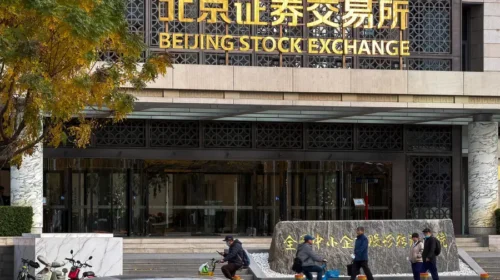BRIEF: Tianqi Lithium loses up to 8.2 billion yuan in 2024

Lithium miner Tianqi Lithium Corp. (9696.HK; 002466.SZ) said on Thursday that it will record a loss of 7.1 billion ($975 million) to 8.2 billion yuan in 2024, equal to a loss per share of between 4.33 yuan and 5 yuan.
The company attributed the huge loss to declining lithium prices during the year, following a huge run up to record highs at the end of 2022 and in early 2023. The collapse led to a substantial decline in sales prices for the company’s lithium products, as well as a big drop in its gross profit year-on-year.
Tianqi said it also took a hit from a cycle mismatch between pricing mechanisms for chemical-grade lithium concentrates from its Talison Lithium subsidiary, and the sales and pricing mechanisms for its lithium chemical products.
Tianqi added its Sociedad Química y Minera de Chile S.A (SQM) affiliate was ordered to pay approximately $1.1 billion in income taxes as the result of a tax lawsuit ruling, which reduced its net profit by that amount during the year. The company said it also had to make asset impairments for its overseas lithium hydroxide projects. It added that exchange rate fluctuations by the Australian dollar and the Chinese yuan against the U.S. dollar resulted in an increase in its exchange losses last year compared to 2023.
Tianqi Lithium’s Hong Kong shares opened down 3% at HK$22.20 on Friday, but later reversed the losses and were up 1.7% late in the trading session. Still, the company’s shares are down nearly 40% over the past year
By Lau Chi Hang
To subscribe to Bamboo Works weekly free newsletter, click here





